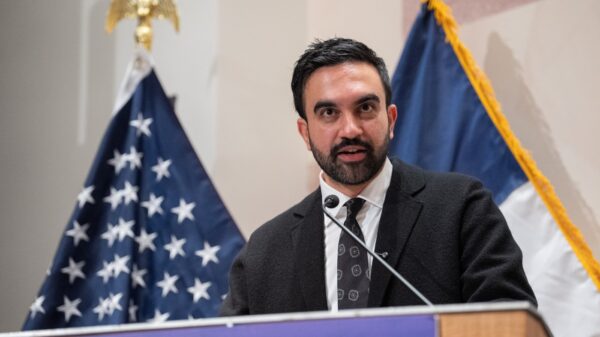A recent study published in the journal Nature and Science of Sleep highlights a significant connection between social media addiction and poor sleep quality among high school graduates in Bangladesh. Conducted by researchers from various institutions, including Marshall University’s Joan C. Edwards School of Medicine and CHINTA Research Bangladesh, the study surveyed 1,139 students preparing for university admission.
The findings indicate that higher levels of social media addiction correlate with lower sleep quality. Two primary symptoms emerged as critical links: “relapse” and “daytime performance disruption.” These factors suggest that excessive social media use may severely impact the ability of young people to maintain healthy sleep patterns.
Gender Differences in Sleep Quality
The research also revealed notable gender differences. Female participants reported poorer sleep quality when social media addiction was present. In contrast, male students exhibited a higher overall prevalence of addiction, indicating a different susceptibility between the sexes to the effects of social media use. This gender disparity underscores the need for tailored approaches when addressing digital habits and sleep health.
Through a detailed network analysis, the researchers identified several “central” symptoms that connect social media use with sleep health. These include “mood modification,” prolonged time to fall asleep (referred to as sleep latency), and disruptions in daytime efficiency. According to David Gozal, M.D., M.B.A., Ph.D. (Hon), vice president for health affairs at Marshall University, the results of the study emphasize the intertwined nature of sleep health and social media behaviors.
Implications for Young People’s Health
“This research underscores that sleep health and social media behaviors are deeply intertwined,” Gozal stated. “Our findings highlight the importance of targeted interventions to promote healthier digital and sleep habits among young people.” The study contributes to a growing body of evidence regarding the impacts of social media on both mental and physical well-being.
As the influence of social media continues to expand, the authors advocate for awareness campaigns and preventive strategies that take into account both behavioral and gender-based factors. These efforts could play a crucial role in fostering healthier lifestyles among the youth in Bangladesh and beyond.
For further details, refer to the original study by Firoj Al-Mamun et al, titled “Social Media Addiction and Sleep Quality Among High School Graduates in Bangladesh: A Network Perspective,” published in Nature and Science of Sleep in 2025. The study can be accessed via DOI: 10.2147/nss.s558040.







































































